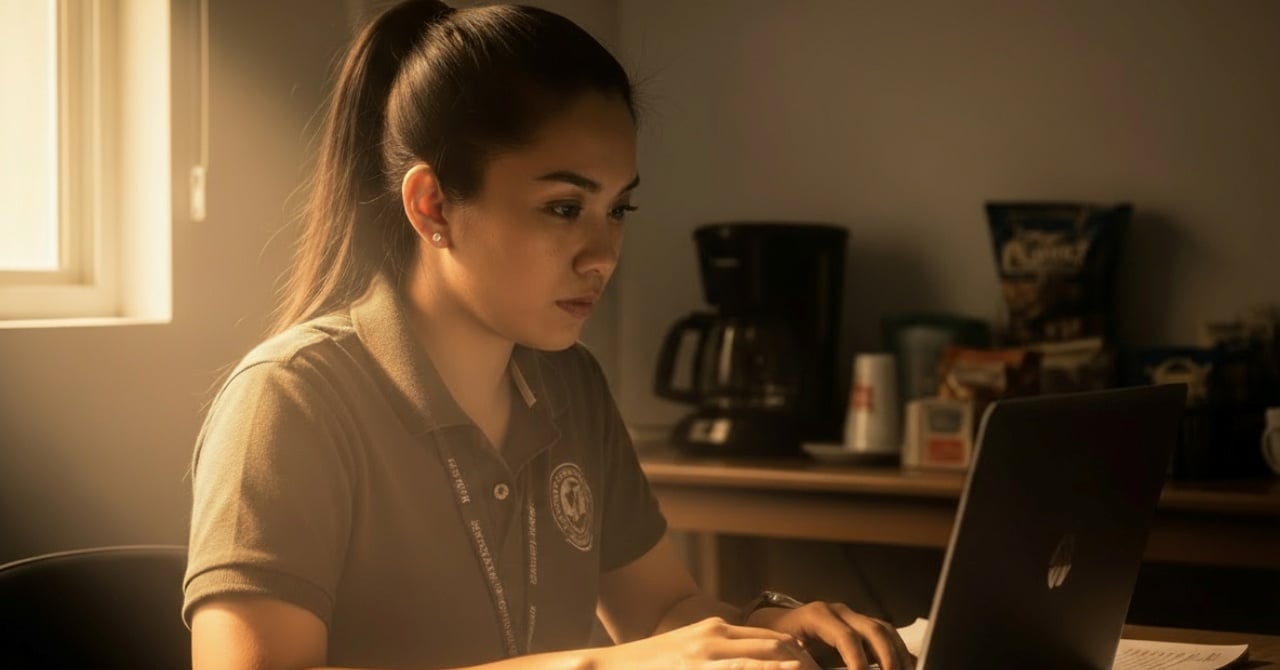In our rapidly evolving, technology-driven society, digital literacy has become an essential skill for everyone—not just a bonus. The Department of Education (DepEd) recognizes this need and has introduced the Philippine Digital Literacy Program, a comprehensive multi-year effort aimed at empowering both students and teachers with the skills, resources, and infrastructure necessary for 21st-century success.
Far more than a simple tech upgrade, this initiative brings together AI-powered reading solutions, mobile computer labs, and a nationwide commitment to bridging the digital divide so that every Filipino learner is ready for a future defined by innovation.

Why Digital Literacy Is Urgent
The importance of digital competencies is clearer than ever, as automation, artificial intelligence, and shifts in the global workforce dramatically reshape how industries operate.
Many public schools, however, still struggle with outdated technology, limited internet access, and a lack of digital training for educators.
DepEd’s approach is both targeted and inclusive. By weaving digital literacy into the K–12 curriculum, forming partnerships with technology leaders, and providing robust teacher training, the program aims to make sure no student gets left behind.
Key Goals of the Program
- Ensure equitable access to ICT resources across public schools
- Train teachers in digital teaching methods and educational software
- Integrate digital literacy throughout all grade levels
- Promote public-private partnerships (PPP) to support infrastructure and content needs
Core Components and Major Initiatives
1. DepEd Computerization Program
This ongoing project, active since the early 2000s, continues to modernize classrooms by supplying computers and enabling connectivity. A key feature is the deployment of e-carts—mobile computer labs designed to serve several classes, especially in resource-scarce schools.
To minimize delays, DepEd has prioritized early procurement, making certain that equipment arrives on schedule.
2. ₱1.8-Billion Digital Learning Initiative
A dedicated ₱1.8 billion budget will provide more than 62,000 laptops and smart TV packages to schools nationwide in 2025, aiming to improve the teacher-to-laptop ratio—which previously stood at a daunting 1:30.
The initial rollout will cover 16 regions, with the largest allocations going to Regions IV-A, VI, and VII, based on assessed needs.
3. AI-Powered Literacy Tools
In partnership with Microsoft, DepEd is piloting AI-based reading and comprehension tools in select divisions. These tools blend local educator expertise with advanced analytics to identify individual student strengths and weaknesses, making personalized learning more accessible.
Should the pilot prove successful, this program will expand nationwide, revolutionizing how Filipino students master reading and comprehension.
4. Infrastructure Growth and PPP Expansion
DepEd’s goal is to construct 15,000 new classrooms by 2027, many of which will be digital learning-ready. Public-private partnerships are key to this expansion, helping to bring electricity and satellite internet to the most remote schools.
Educational partners such as Khan Academy and Frontlearners will support teachers in core subjects, ensuring that technology is paired with strong teaching techniques.
Implementation Timeline
| Phase | Period | Main Activities |
| Planning & Procurement | Q4 2024 – Q1 2025 | Needs assessment, tender processes, and supply chain setup |
| Initial Rollout | Q2 – Q3 2025 | Distribution of laptops, smart TVs, and pilot AI tools |
| Teacher Training | Q3 – Q4 2025 | Workshops with partners, AI tool integration |
| Full Deployment | 2026 – 2027 | Nationwide rollout, e-cart expansion, and curriculum updates |
Reach and Impact
- More than 62,000 devices to be distributed in 2025
- 15,000 new classrooms prepared for digital learning by 2027
- Tens of thousands of teachers to receive specialized digital training
This comprehensive coverage ensures that learners from Luzon to Mindanao will benefit, regardless of their location or background.
Challenges and Solutions
Every major initiative faces obstacles, and DepEd is addressing the following challenges head-on:
- Devices not fully utilized due to lack of teacher training → Ongoing professional development with reliable partners
- Budget and procurement issues → Early planning and close coordination with the Department of Finance
- Connectivity problems in remote schools → Satellite internet and electrification projects via PPPs
Looking Forward
DepEd’s future plans include:
- Scaling up AI-powered literacy tools based on pilot results
- Embedding digital literacy benchmarks into K–12 assessments
- Enhancing community engagement and feedback mechanisms
- Continuing to build partnerships for program sustainability
Ultimately, this initiative is about more than just technology — it aims to transform how Filipino students learn, think, and interact with the wider world.
Frequently Asked Questions
- Is internet connectivity included in the program? Yes. DepEd is working with local government units and telecom partners to expand broadband access, especially in remote schools. Some pilot sites now include satellite internet or community Wi-Fi hubs.
- Can private schools join the initiative? Not directly. The program is currently focused on public schools, but DepEd encourages private institutions to adopt similar digital literacy frameworks and may share training modules upon request.
- How is progress monitored? Schools submit quarterly reports on device usage, student engagement, and teacher training completion. DepEd also conducts random audits and feedback sessions to refine implementation.
- What support is available for parents? Parent orientation kits and digital safety guides are distributed through schools. Some regions offer community workshops to help families support their children’s online learning journey.
Final Thoughts
As the Philippine Digital Literacy Program unfolds, it offers more than just devices and data — it offers hope. Hope that every Filipino learner, regardless of background or location, can access quality education powered by technology. It’s a call to action for all of us to support, share, and shape this transformation. Because when we invest in digital literacy, we’re not just upgrading classrooms — we’re unlocking futures.
